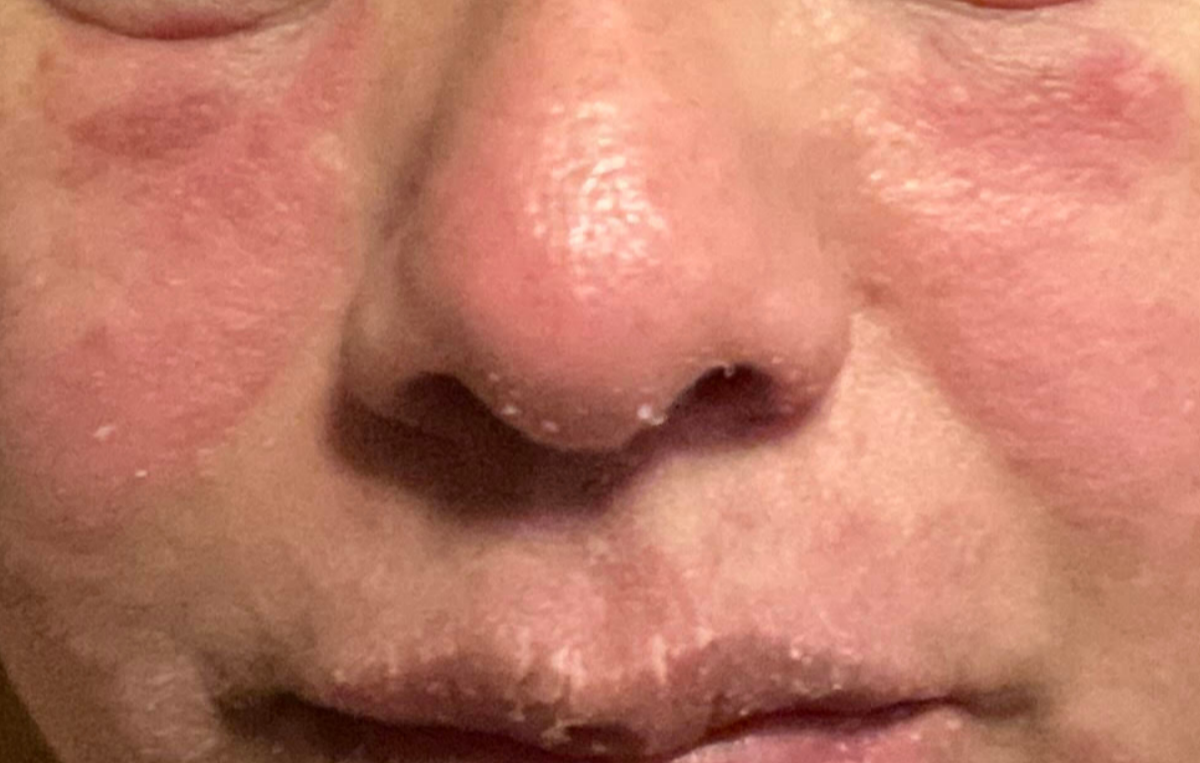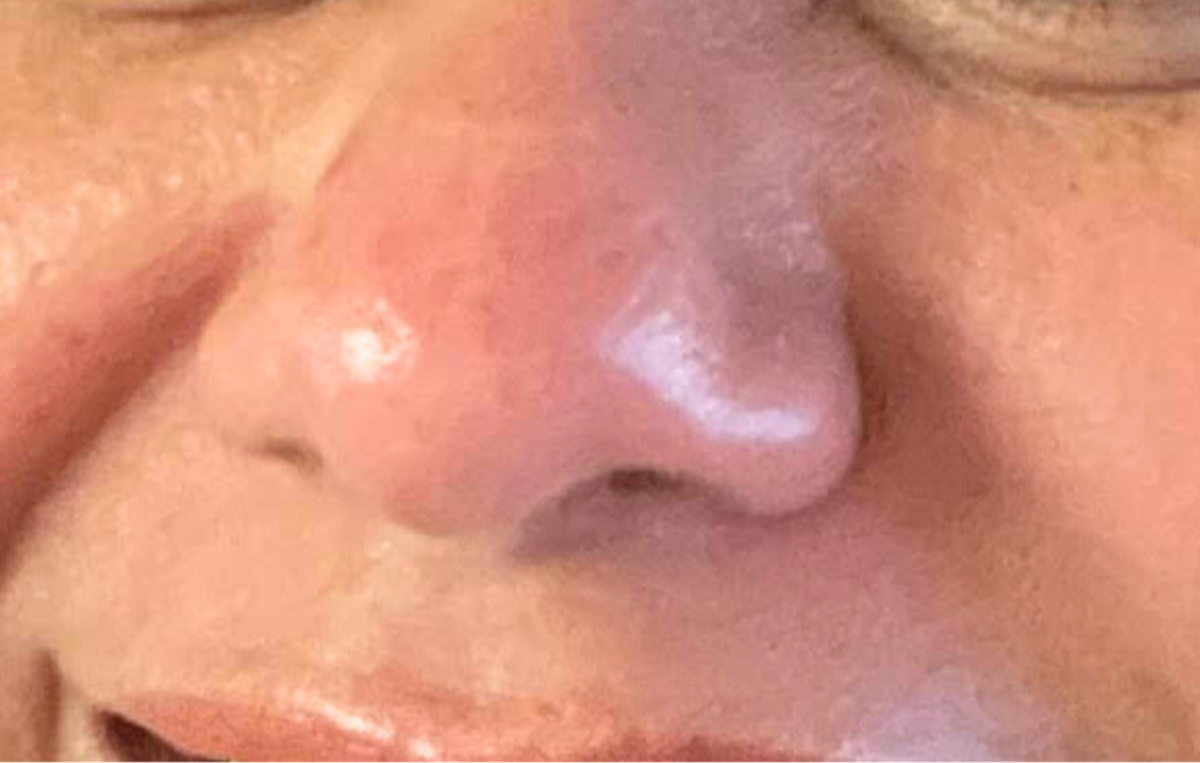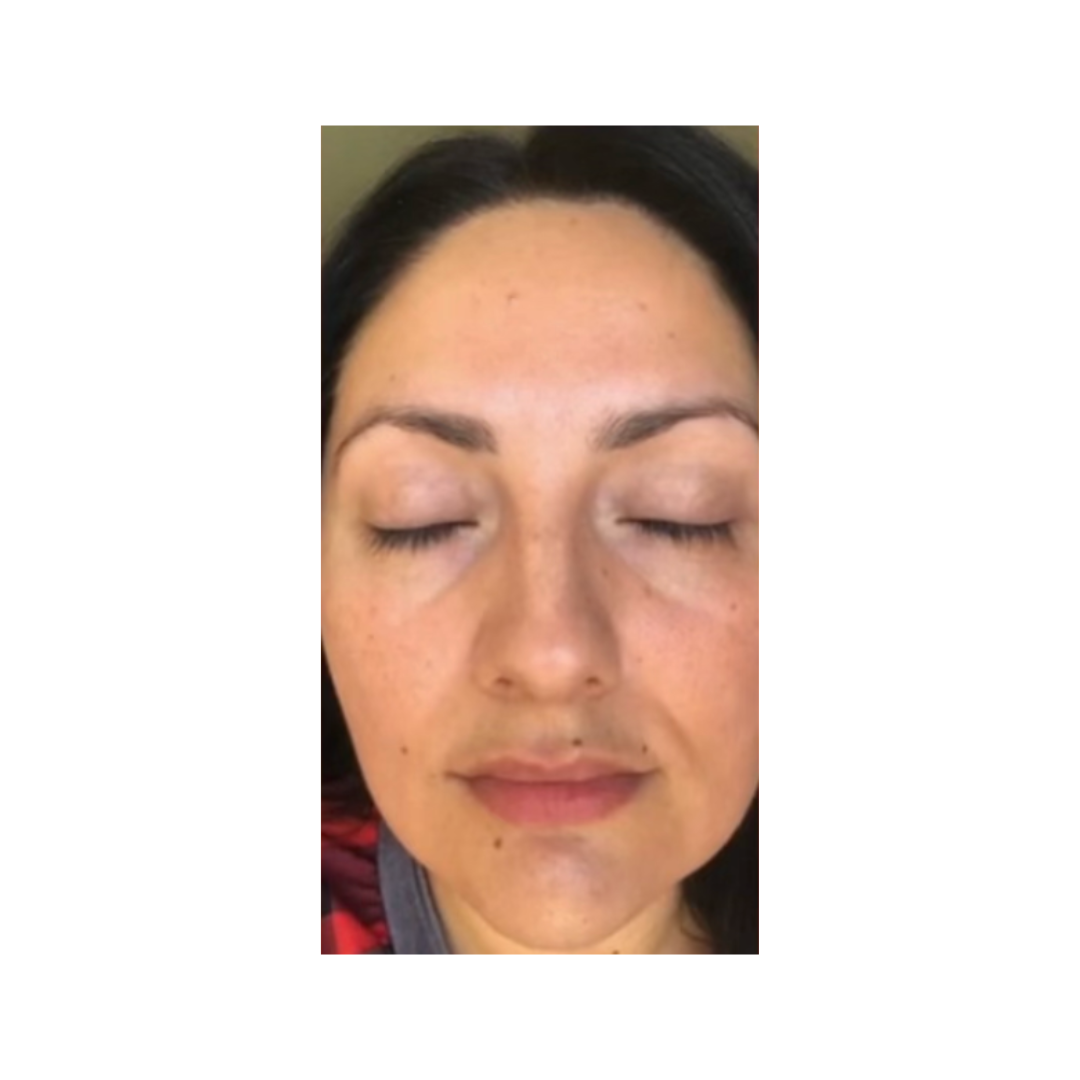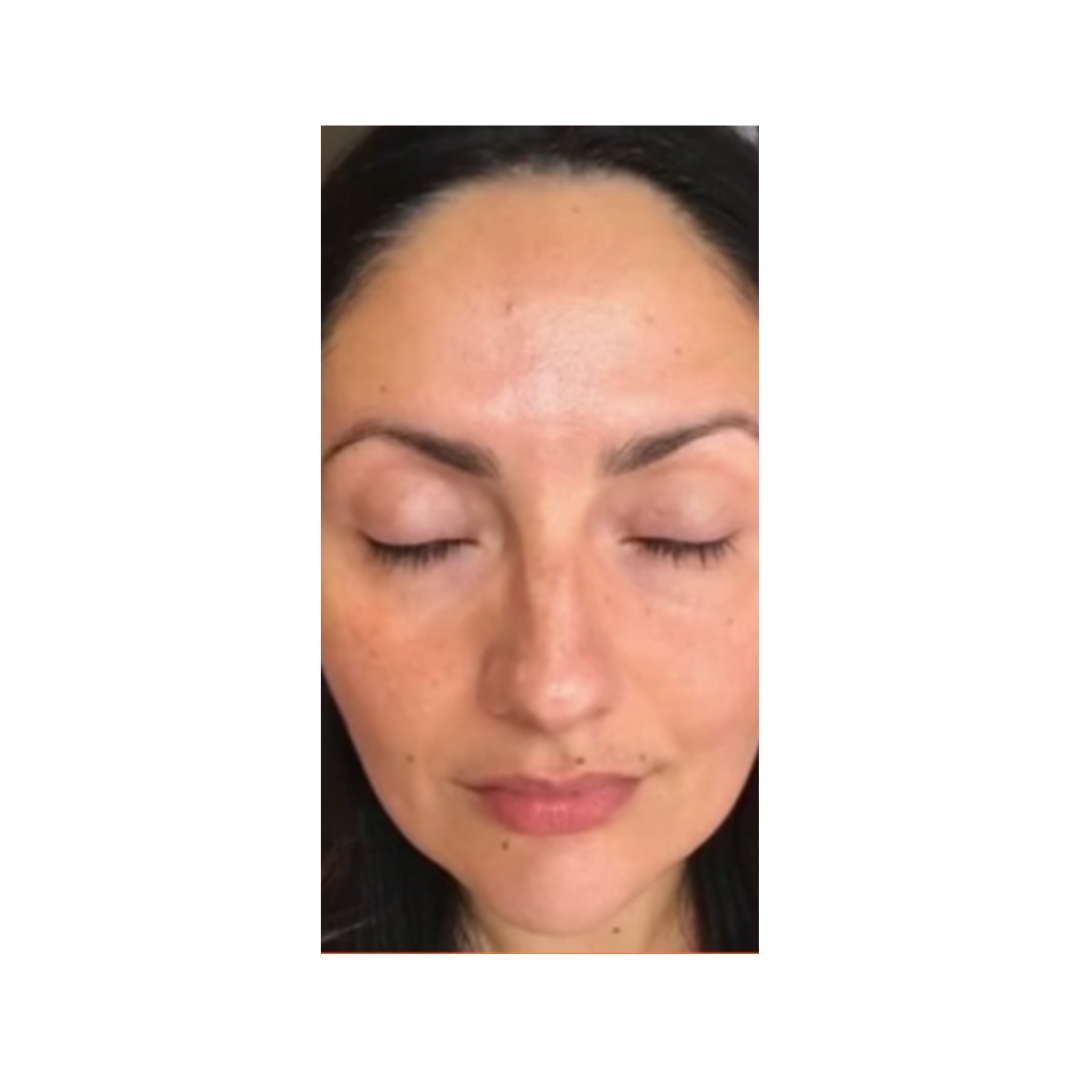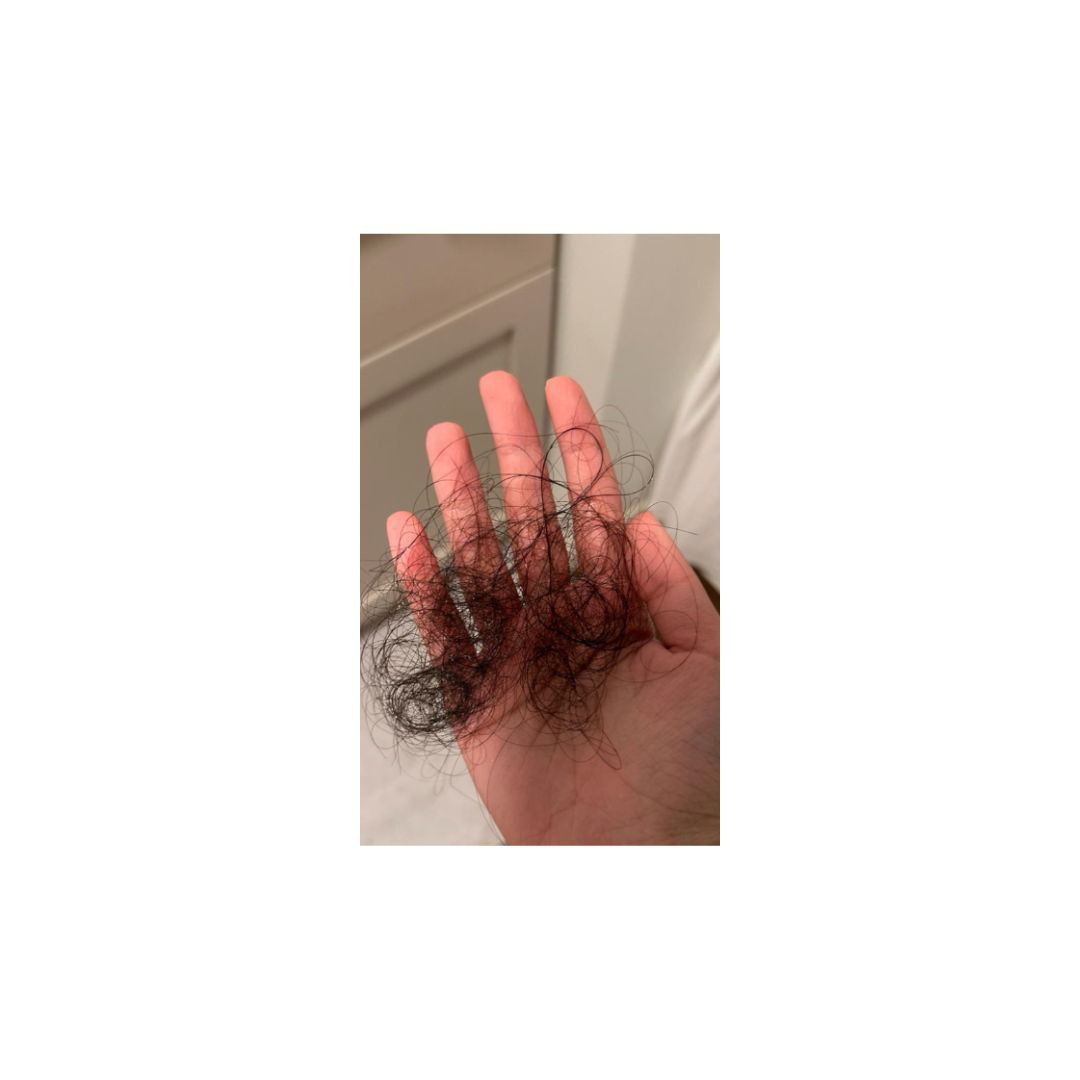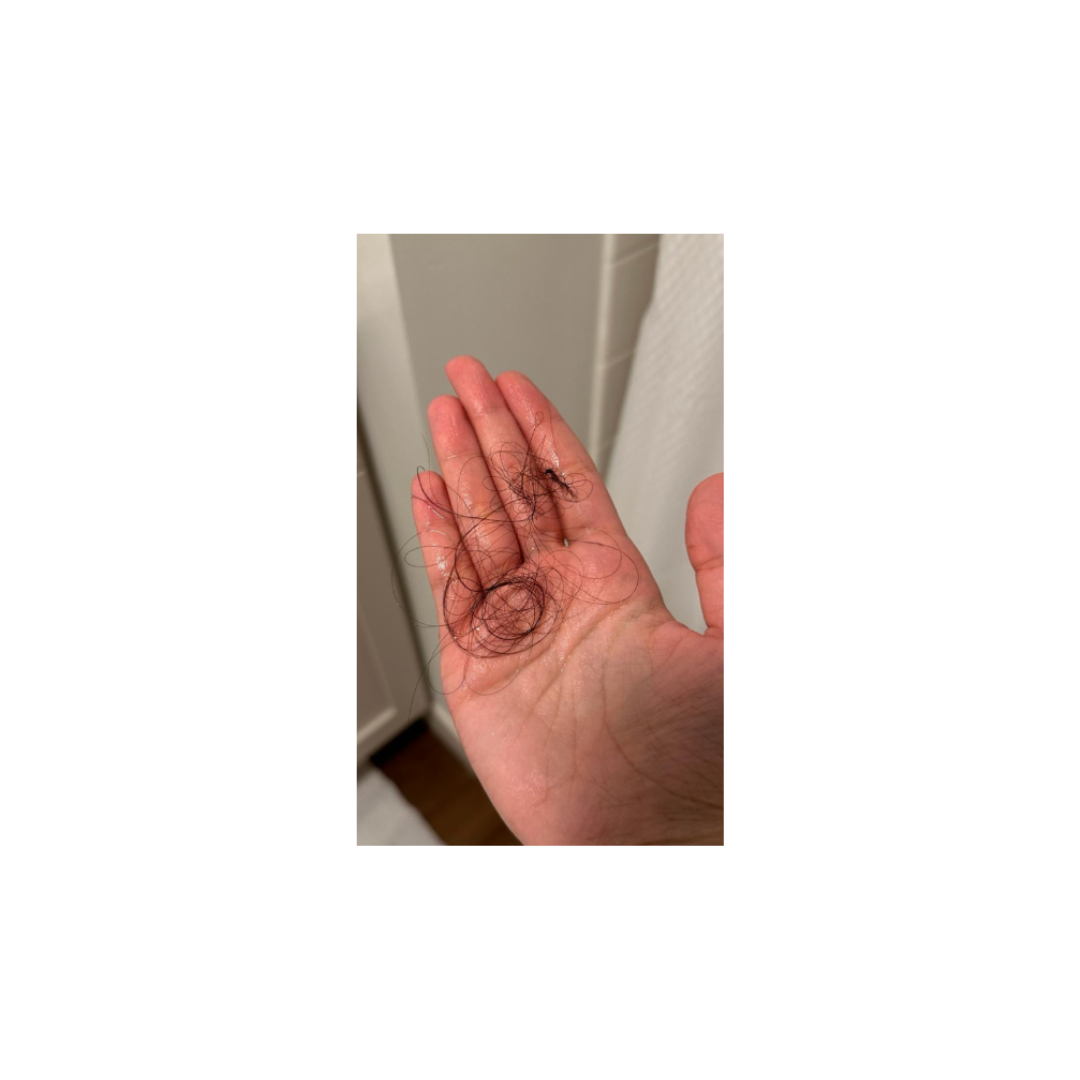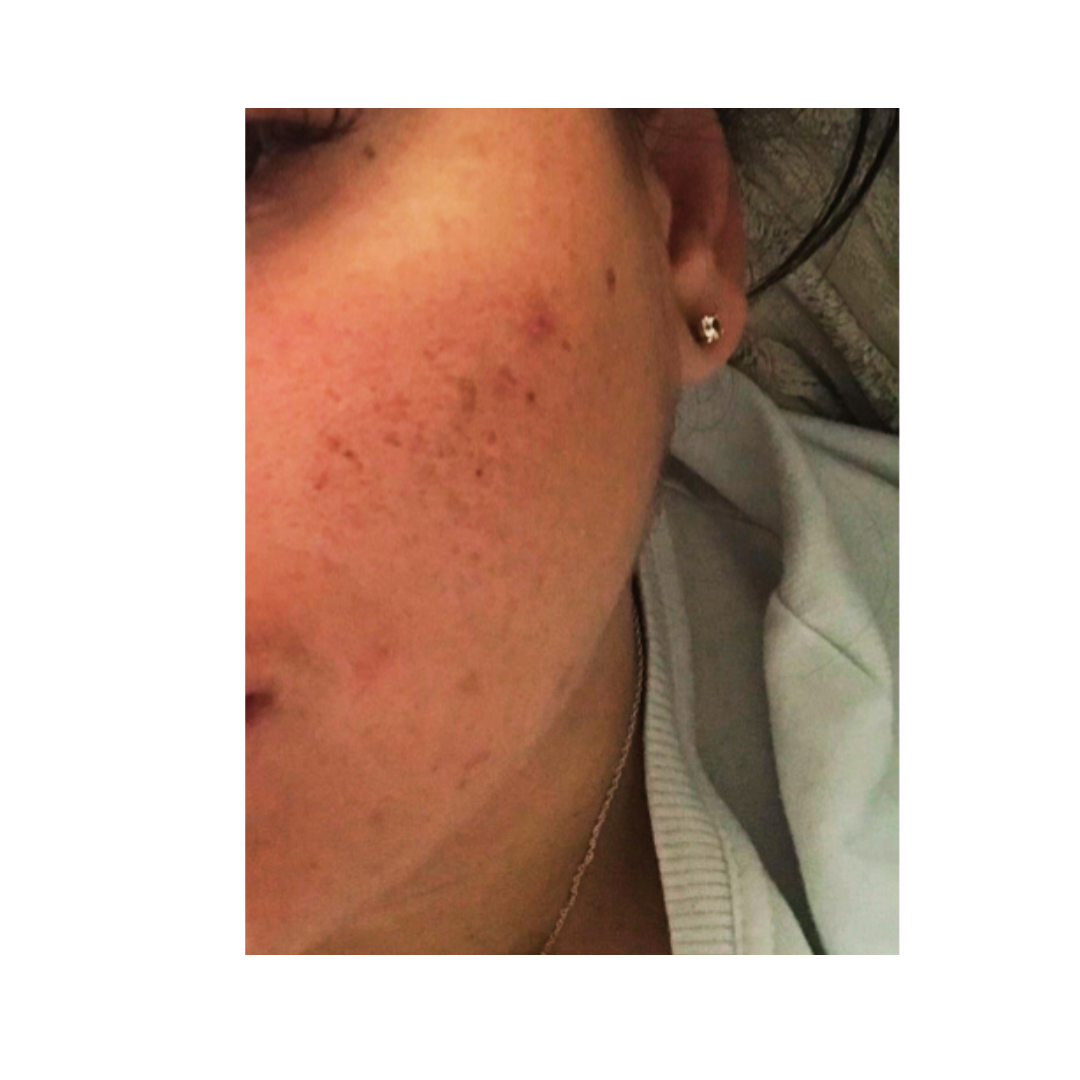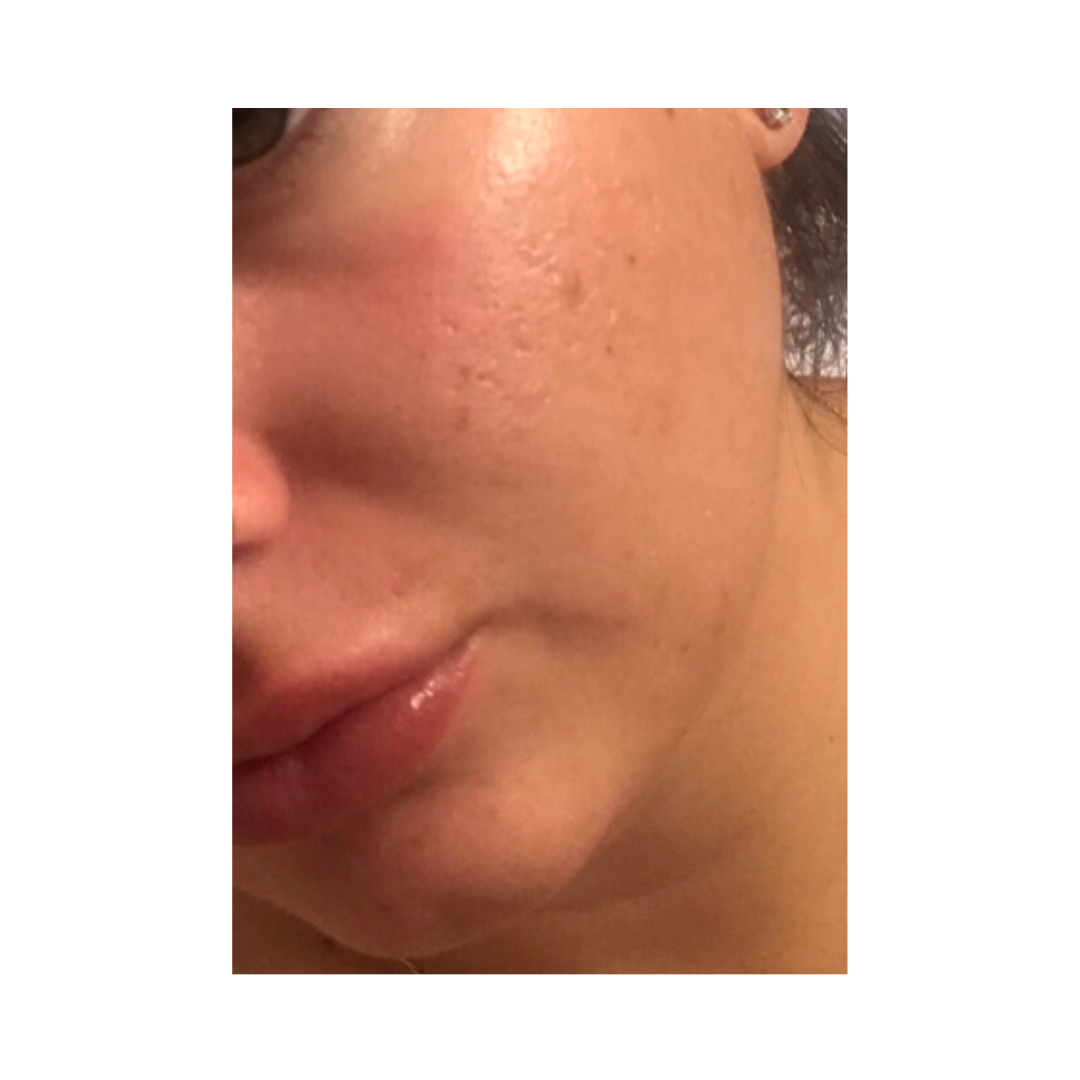
Scooper + Whisk Set
Introducing our reusable, non-plastic scooper, the perfect companion for your daily collagen fix, while also taking a step towards a greener future.
Our stainless steel coffee scooper is designed to replace our plastic scoopers and help phase out the use of single-use plastics in your collagen routine. By choosing our eco-friendly alternative, you contribute to reducing plastic waste and its detrimental impact on the environment.
Cherry on top? You no longer consume micro-plastics shed by the plastic scoopers in the bags!

